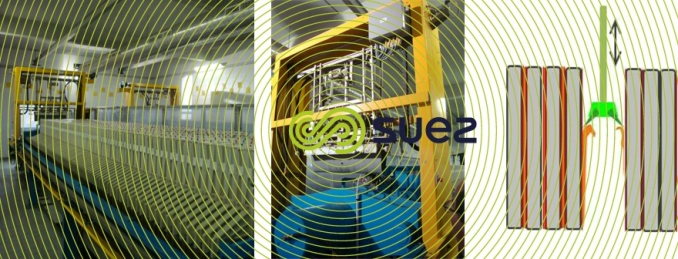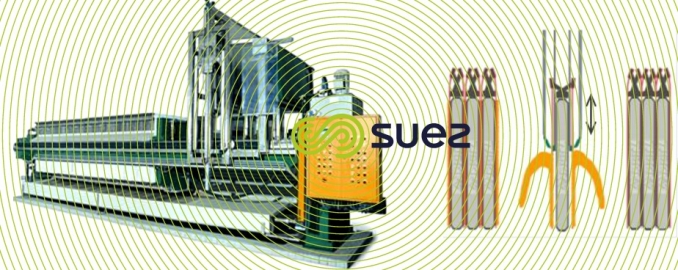automatic filter press
Reading time:Ingenious devices have been developed to replace manual scraping during sludge cake removal. A careful choice of technique is necessary as sludge cake removal must be complete before the filter press is reloaded in order to avoid any malfunction or damage.
membrane plater filter press with shaking system
During sludge cake removal, each plate moves apart and undergoes low-amplitude vertical shaking via a cam shaftin order to make the cake drop. The mass of the plate is measured before and after shaking to check that the cake has been completely removed. This process suits high density sludge (carbonate removal) and requires manual intervention when the entire cake is not removed



membrane plate filter with scraper system
This mechanism is designed to reproduce manual scraping. 2 scrapers positioned in a conical form (Chinese hat) which unfold between 2 plates with a downward scraping action skimming the cloth. This process can be reliably used for heavy mineral sludge or even for organic sludge with high liming. There is a risk of the scrapers getting caught in the cloths they are too closely positioned.



membrane plate filter press with a back and forth scraper system
Following the displacement of the plate, the device moves the plate’s 2 cloths apart before 2 way scrapers enclose each cloth and scrape the surface of the plate. On principle, this system is effective on all types of sludge, including sticky sludge. The life duration of cloths can however be altered with the friction of scrapers at a relatively high speed.



Bookmark tool
Click on the bookmark tool, highlight the last read paragraph to continue your reading later













